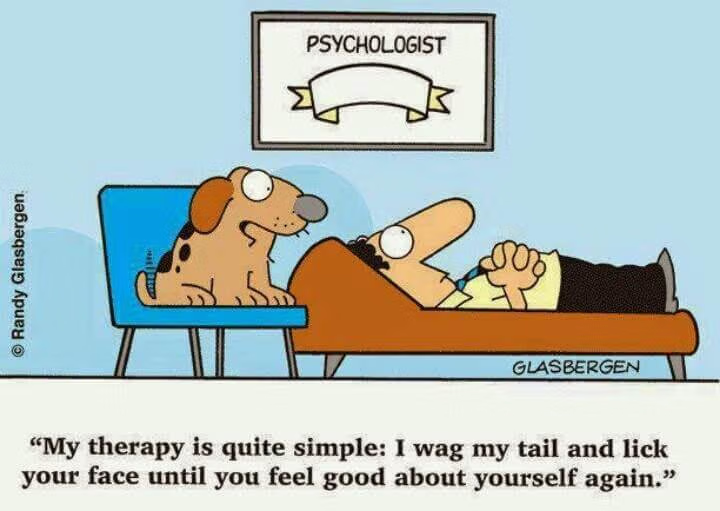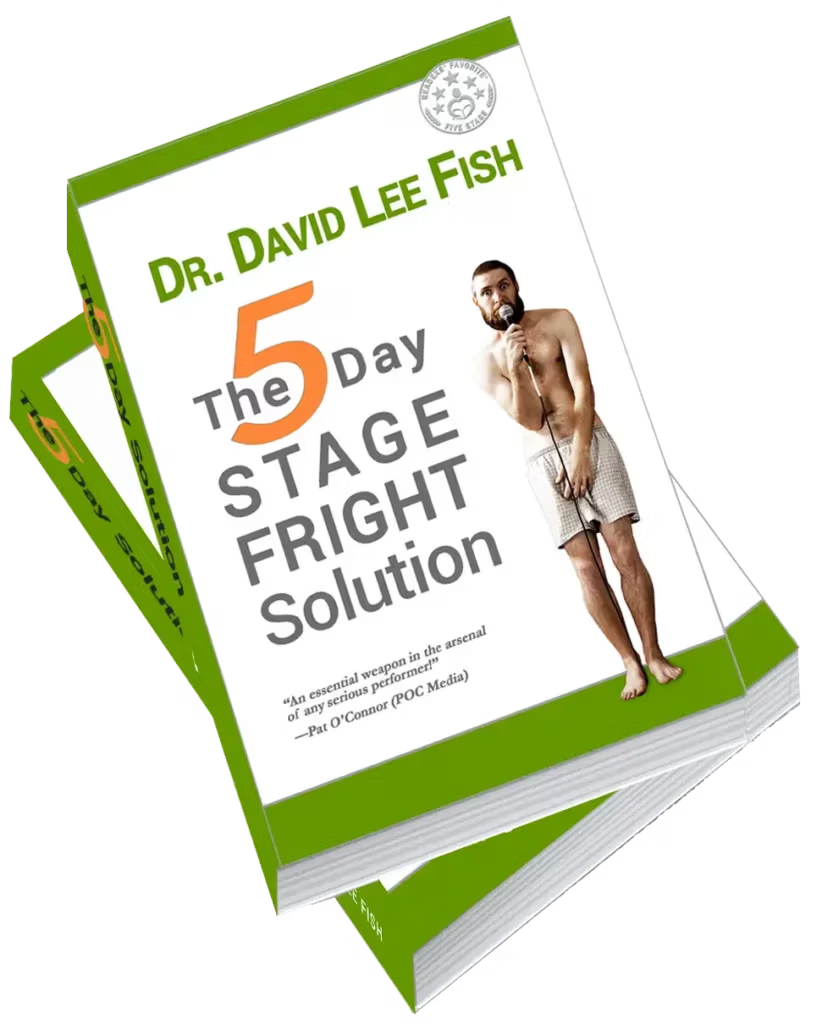A staggering 77% of people deal with glossophobia or public speaking anxiety. Your heart races and your palms sweat just at the thought of addressing a crowd. This happens whether you’re presenting at work, giving a wedding toast, or speaking at a conference.
My years of research and experience helping others have taught me a lot about glossophobia – the fear of public speaking. This fear touches millions of lives worldwide. The symptoms range from mild nervousness to intense panic attacks. Many people find public speaking more terrifying than heights, spiders, or even death.
Let’s dive into speech anxiety together. You’ll learn about why it happens and the symptoms you might face. The proven strategies in this piece will help you manage your fears. This guide works for everyone – from those with occasional jitters to people who face severe public speaking anxiety.
Understanding Glossophobia
Let’s look at what causes public speaking anxiety and how it affects our bodies and minds. Research indicates that public speaking anxiety affects between 15% to 30% of the general population.
The mechanisms behind glossophobia are complex and varied. Our brain’s regulation of anxiety and stress comes from genetic predisposition. Past experiences also shape this fear – a negative speaking experience or watching others struggle with anxiety can leave lasting impacts.
Our body’s natural fight-or-flight response creates physical symptoms during public speaking. These common physical signs include:
- Rapid heartbeat and increased blood pressure
- Excessive sweating and trembling
- Dry mouth and difficulty speaking
- Shortness of breath
- Muscle tension, particularly in the neck and upper back
The psychological symptoms can be just as challenging. Negative thought patterns often create intense worry and nervousness before speaking events. Many speakers experience:
- Overwhelming fear of judgment
- Intense anxiety weeks before the event
- Difficulty focusing during presentations
- Strong urge to avoid speaking situations
Understanding these symptoms is vital because they can create a self-fulfilling prophecy. Research shows that people with high public speaking anxiety give shorter presentations. External observers rate their performance lower – though not as low as speakers rate themselves.
The Science Behind Glossophobia
Let me explain what happens in our brains when we face public speaking situations. Our body’s response to speaking anxiety comes from ancient survival mechanisms that evolved over millions of years.
The science behind glossophobia starts with our limbic system, particularly the amygdala – the brain’s emotional control center. When we see public speaking as a threat, our body activates the fight-or-flight response and releases stress hormones like adrenaline and cortisol into our bloodstream.
This automatic response creates several physical changes in our body:
- Our heart rate and blood pressure increase
- Blood flows away from hands and feet toward major muscles
- Pupils dilate for better vision
- The digestive system slows down
- Muscles become tense and ready for action
Research from UCLA has shown something remarkable – the distress of potential rejection during public speaking activates the same brain region – the anterior cingulate cortex – that responds to physical pain.
The sort of thing I love about brain activity during public speaking anxiety involves the amygdala’s sustained activation. Studies have shown that people with social anxiety display less variability in amygdala response throughout speech anticipation, which suggests prolonged threat processing. Our brains stay in a heightened state of alertness and can’t tell the difference between an actual threat and public speaking.
This biological response has taught me that these reactions aren’t personal failures – they’re our body’s natural protective mechanisms working overtime. The good news? We can actually help shut down this fight-or-flight response once we tap into our rational brain.
Popular Solutions for Glossophobia
My work helping others beat their fear of public speaking has led me to explore several treatment options. Let me share what I’ve seen work best.
Cognitive Behavioral Therapy
CBT stands as one of the most popular solutions for speech fright. This time-limited approach helps you spot and challenge negative thoughts about public speaking. While CBT is widely used for treating performance anxiety, critics argue that it may be too mechanistic and fail to address the underlying emotional experiences and personal values that contribute to anxiety, potentially limiting its long-term effectiveness for some individuals.
Exposure Therapy
Exposure Therapy provides a different way forward. You face public speaking situations step by step in a controlled setting. Systematic desensitization breaks down the process into small steps you can handle easily. While exposure therapy has shown effectiveness in treating performance anxiety, critics argue that it can be emotionally taxing and potentially retraumatizing for some individuals, especially if not implemented carefully by a skilled practitioner.
Medication
It can also help to use medication for managing the physical symptoms of speech fright. Beta-blockers like propranolol control symptoms such as rapid heartbeat and shaky hands. Anti-anxiety medications and antidepressants might help, depending on what you need. While medication can provide temporary relief from the physical symptoms of speech fright, it may mask underlying issues and potentially lead to dependency without addressing the root causes of anxiety or developing long-term coping skills.
Courses and Organizations
Without a doubt, public speaking courses and organizations give you hands-on experience. Dale Carnegie has run seminars to help people overcome their fears since 1912. These programs build confidence through real-life practice and supportive feedback. Public speaking courses and organizations like Dale Carnegie can provide valuable skills and practice opportunities, but they often focus more on technique and performance rather than addressing the underlying psychological aspects of anxiety, potentially leaving some individuals still struggling with the root causes of their performance fears.
Mindfulness
Mindfulness has proven to be one of the best approaches for taming public speaking anxiety. Medical experts define mindfulness as being deeply aware of your current sensations and feelings without judging them. Research from Brown University backs this up with solid evidence. Their participants completed an eight-week mindfulness course and showed a lot less anxiety during impromptu speeches.
Real-life Success Stories
Many of Hollywood’s biggest stars have faced the same public speaking fears as we do. Success stories show that glossophobia can be beaten with hard work and the right approach.
Celebrities
Harrison Ford, with his powerful screen presence, has called public speaking “a mixed bag of terror and anxiety”. His consistent practice and preparation helped him turn this fear into strength. He ended up receiving the prestigious Life Achievement Award from the American Film Institute.
Julia Roberts has an inspiring story to share. She battled stuttering and intense fear of public speaking as a child. Speech therapy and acting helped her beat these challenges. She went on to deliver a memorable Oscar acceptance speech in 2001.
Warren Buffett had such severe public speaking anxiety that he would vomit before presentations. He took action at age 21 and enrolled in a Dale Carnegie Public Speaking Course. His progress was remarkable – he now commands between $100,000 to $200,000 for a single speaking engagement.
Conclusion
Public speaking anxiety might feel like an unbeatable obstacle, but science and countless success stories tell us a different story. Understanding glossophobia’s biological roots helps people see their symptoms as natural responses, not personal failures.
Overcoming glossophobia isn’t about getting rid of fear – it’s about managing it well. Take small steps, practice often, and be kind to yourself. Your focus should be on progress, not perfection. Each time you face your fear, you grow stronger and get closer to becoming a confident speaker.
This challenge will test you, but the rewards of becoming skilled at public speaking make it worth the effort. Your unique voice and message deserve to be heard.
Glossophobia FAQ
1) What is Glossophobia, and how common is it?
Glossophobia, also known as the fear of public speaking, affects a staggering 77% of people. The symptoms can range from mild nervousness to intense panic attacks, making public speaking a terrifying experience for many individuals.
2) What are the physical and psychological symptoms of Glossophobia?
Physical symptoms of Glossophobia include rapid heartbeat, excessive sweating, dry mouth, and muscle tension. On the psychological side, individuals may experience an overwhelming fear of judgment, intense anxiety weeks before the event, and a strong urge to avoid speaking situations.
3) What are some effective strategies for managing Glossophobia?
There are several proven strategies for managing Glossophobia. Cognitive Behavioral Therapy (CBT) and Exposure Therapy are two structured approaches that have shown amazing results. Mindfulness techniques and regular practice with public speaking can also be very effective.
4) How does mindfulness help in managing Glossophobia?
Mindfulness, being deeply aware of your current sensations and feelings without judging them, has been shown to have amazing benefits in managing speech anxiety. Regular practice of mindfulness techniques can lead to less emotional reaction to stress, better self-awareness and fear control, and greater mental well-being.























